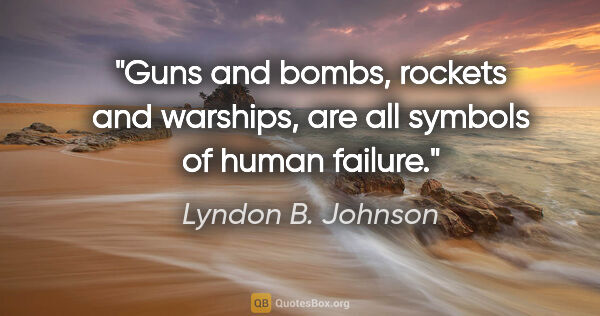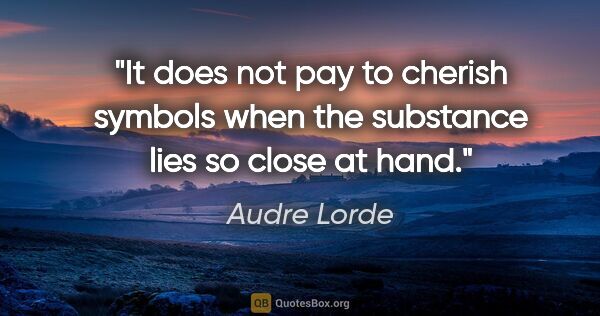Symbols Quotes (page 17)
It is easy to see things in retrospect. But I was ignorant then of everything but my own happiness, and I don’t know what else to say except that life itself seemed very magical in those days: a web of symbol, coincidence, premonition, omen. Everything, somehow, fit together; some sly and benevolent Providence was revealing itself by degrees and I felt myself trembling on the brink of a fabulous discovery, as though any morning it was all going to come together–my future, my past, the whole...
Donna Tartt
A paradox: the same century invented History and PHotography. But History is a memory fabricated according to positive formulas, a pure intellectual discourse which abolishes mythic Time; and the Photograph is a certain but fugitive testimony; so that everything, today, prepares our race for this impotence: to be no longer able to conceive duration, affectively or symbolically: the age of the Photograph is also the age of revolutions, contestations, assassinations, explosions, in short, of...
Roland Barthes
The private experience that you perceive forms your world, period. But which world do you inhabit? For if you altered your private sensations of reality, then that world, seemingly the only one, would also change. You do go through transformations of beliefs all the time, and your perception of the world is different. You seem to be, no longer, the person you that you were. You are quite correct? you are not the person that you were, and your world has changed, and not just symbolically.
Jane Roberts
Man shouldn’t be able to see his own face – there’s nothing more sinister. Nature gave him the gift of not being able to see it, and of not being able to stare into his own eyes.
Only in the water of rivers and ponds could he look at his face. And the very posture he had to assume was symbolic. He had to bend over, stoop down, to commit the ignominy of beholding himself.
The inventor of the mirror poisoned the human heart.
Fernando Pessoa
Corny trash, vulgar clichs, Philistinism in all its phases, imitations of imitations, bogus profundities, crude, moronic and dishonest pseudo-literature—these are obvious examples. Now, if we want to pin down poshlost in contemporary writing we must look for it in Freudian symbolism, moth-eaten mythologies, social comment, humanistic messages, political allegories, overconcern with class or race, and the journalistic generalities we all know.
Vladimir Nabokov
There is psychological pleasure in this takeoff, too, for the swiftness of the plane’s ascent is an exemplary symbol of transformation. The display of power can inspire us to imagine analogous, decisive shifts in our own lives, to imagine that we, too, might one day surge above much that now looms over us.” P. 38-39
Alain de Botton
We have to look at the figures of speech a writer uses, his images and symbols, to realize that underneath all the complexity of human life that uneasy stare at an alien nature is still haunting us, and the problem of surmounting it still with us. Above all, we have to look at the total design of a writer's work, the title he gives to it, and the his main theme, which means his point in writing it, to understand that literature is still doing the same job that mythology did earlier, but...
Northrop Frye
Why do people resist [engines, bridges, and cities] so? They are symbols and products of the imagination, which is the force that ensures justice and historical momentum in an imperfect world, because without imagination we would not have the wherewithal to challenge certainty, and we could never rise above ourselves.
Mark Helprin
He examined the chess problem and set out the pieces. It was a tricky ending, involving a couple of knights.'White to play and mate in two moves.'Winston looked up at the portrait of Big Brother. White always mates, he thought with a sort of cloudy mysticism. Always, without exception, it is so arranged. In no chess problem since the beginning of the world has black ever won. Did it not symbolize the eternal, unvarying triumph of Good over Evil? The huge face gazed back at him, full of calm...
George Orwell


